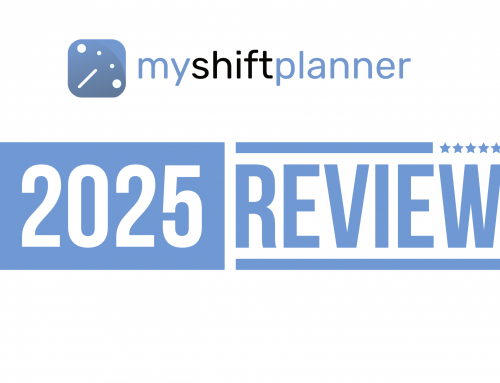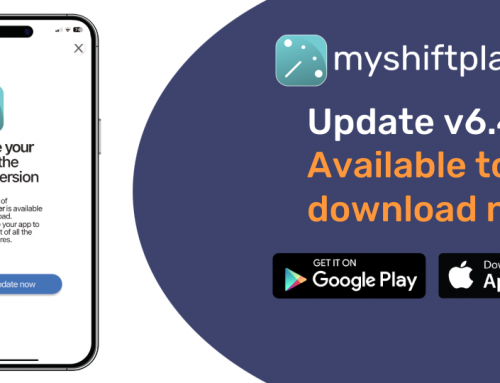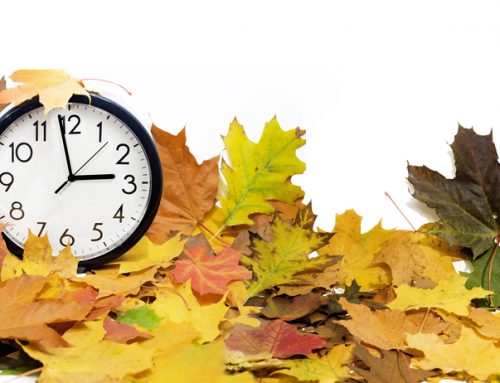Shift workers need sleep!
By far the most precious and rarest of commodities for shift workers is good quality sleep. Without quality rest and sleep every day we struggle to stay on top of things, remain healthy or go about our work.
When sleep patterns become out of sync or badly adjusted, our bodies will soon let us know. Working around the clock, in artificial light or working unsociable hours impacts our sleeping patterns and, in turn, our well-being.
When do you work best?
The time of day when we function at our best is different for each person. We all have a ‘Chronotype’ – an inbuilt preference for when we feel at our best. Often referred to as Larks or Owls, knowing your own chronotype can help you to lead a healthier and more settled lifestyle.
Owls react more slowly to daylight, Larks, more quickly. Owls therefore work better, harder and more creatively later in the day. Whereas Larks are better in the morning.
Working Unsociable Hours
Being forced to work when we are at our worst, whether it’s mornings or nights, can make us feel unwell and out of sync with our natural cycles.
Shift workers, who work unsociable hours end up overriding their clock, which can have many unhealthy outcomes, such as sleep deprivation. Over long periods, this can turn into more serious health issues. Such as cardiovascular disease, type 2 diabetes and some cancers.
The news for shift workers is that there is ongoing research in to what shift patterns fit best with various Chronotypes. This includes the optimum number of nights, recovery days etc.
However, there are other solutions that shift workers can undertake to help them manage. One of these is the practice of Mindfulness.
Mindfulness for Shift Workers
Mindfulness is everywhere at the moment. Here at My Shift Planner, we aren’t the sort of folks to get swayed by the latest fads and fashions without good evidence. But it seems that Mindfulness really can work as a remedy for insomnia, an aid to focus and concentration, a technique to improve engagement, work satisfaction and productivity.
It can also be used to reduce stress and combat depression and anxiety by relaxing the mind and body and in turn increasing emotional resilience.
What is Mindfulness?
Like many meditation practices, mindfulness is about creating a calm and clear state of mind. By letting go of anxieties and bringing your undivided attention into the present moment, you can help to reduce stress and calm your mind.
The idea is that it gives you an open and unbiased attitude, which allows you to take in the “bigger picture”
This is, of course, very useful in many of the professions that require shift work.
Can Mindfulness Help you Sleep?
Mindfulness practitioners claim that it results in more effective communication and better relationships, which in turn impact upon our health and wellbeing.
Pay full attention to what is happening “now”, with an open and curious mind, ns it can shift our focus from what we have been doing, or will be doing, to what we are doing now. And that is a particularly useful skill if you want to get to sleep.
Mindfulness practices are proven scientifically to improve sleep, as they help us to develop greater focus and concentration, reduce stress and improve resilience. So, if you’re struggling with managing your shift work life, why not give it a go?
Looking for some Mindfulness Apps?
Here are some of the most popular Mindfulness apps on the app stores right now:-
1. Calm
Free download (optional subscription £35.99/year), iOS/Android
2. Headspace
Free download (optional subscription £9.99/month, £74.99/year or £399.99/lifetime), iOS/Android
3. Stop, Breathe & Think
Free download (optional subscription £9.99/month, £54.99/year), iOS/Android
4. 10% Happier
Free to download (optional subscription £5.99/month, £55.99/year on sale currently), iOS/Android
5. The Mindfulness App
Free to download (optional subscription £9.99/month, £54.99/year), iOS/Android
6. Buddhify
£4.99 to download, iOS/£2.99 to download, Android
7. Smiling Mind
Free to download, iOS/Android






